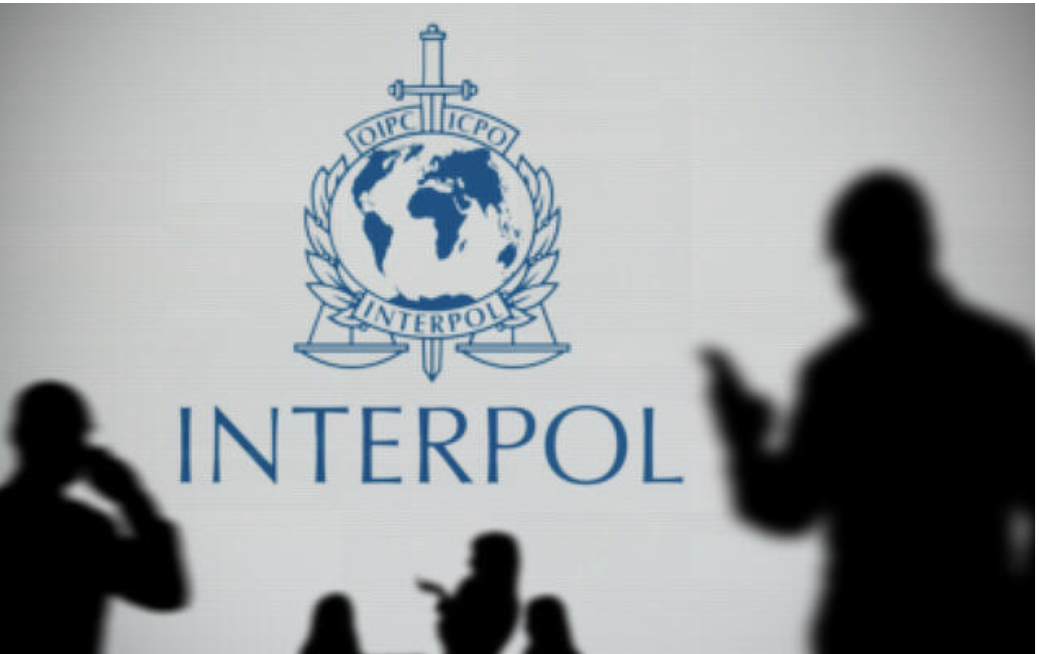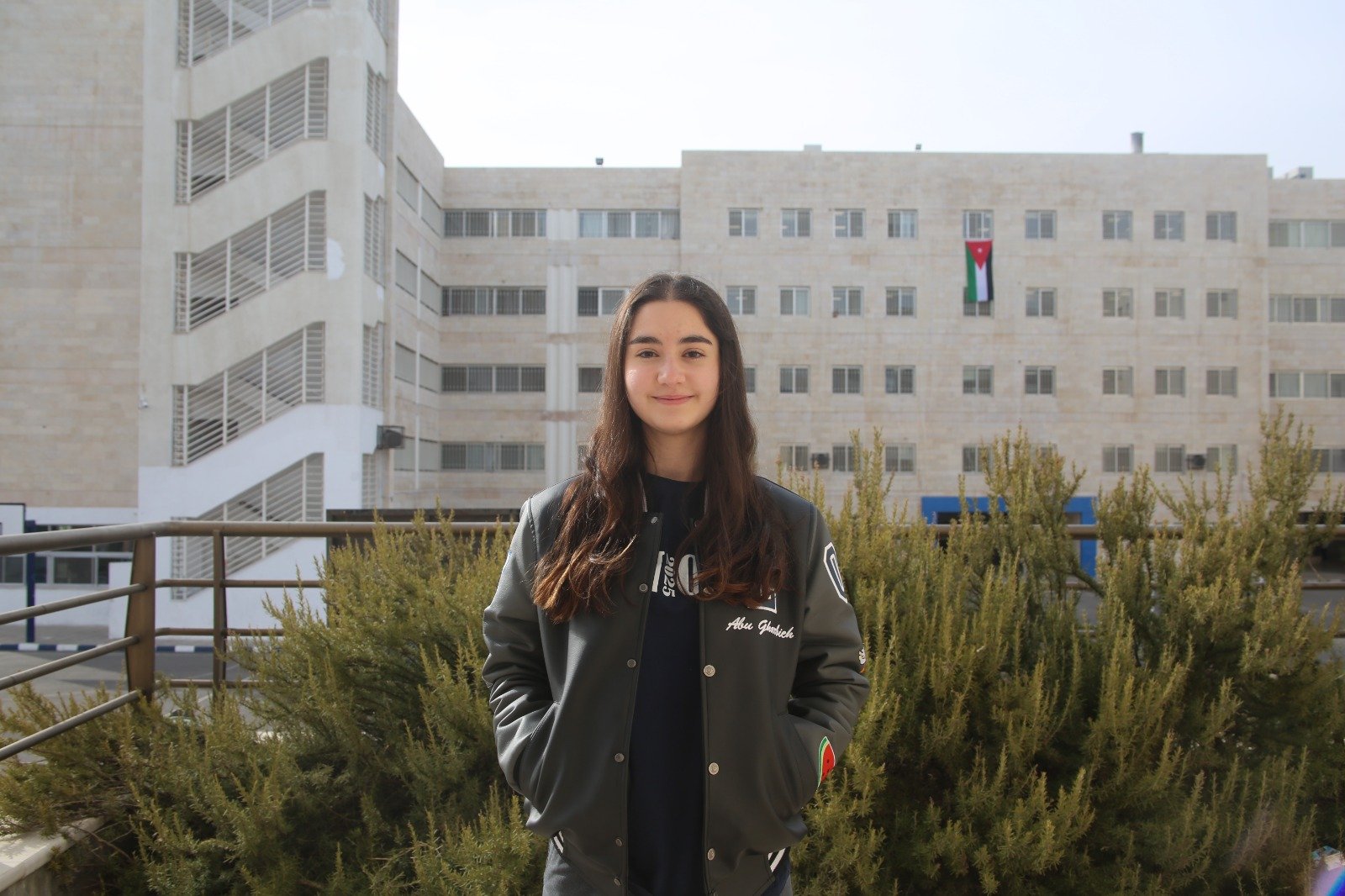
INTERPOL
Scribbling down an impromptu speech as war gets declared against me as a first-time delegate eighth grader, or interrogating ‘Edward Snowden’ during a court case, or sitting at my desk writing my president's letter; each its own aspect of MUN, but all provoking the same excitement and remarkable anticipation. My name is Leen Abu Gharbieh and expressing my gratitude for being this year’s president of INTERPOL couldn’t be more difficult. Money laundering, computer fraud, distribution of narcotics, does the list end? According to United States legislation, perhaps not; according to Kingpins and Ulbricht, it was revolutionary. From 2011 to 2013 Silk Road became the easily accessible website for more-than-questionable activities, what better opportunity could criminals have? Although, who’s to say whether Ulbricht, an entrepreneur, masterminded the illicitness of Silk Road, or was a bystander while criminals exploited the website? But the world evolves so we evolve with it, unless of course more ethical question marks are raised, and corruption of justice is at an all-time high in National Federal Agencies. The formation of such institutions, US FBI, UK NCA, French DST, to combat organized crime and national security, yet used for anything but. Could INTERPOL be a viable replacement for Federal Agencies with an objective input on organized crime, or completely miscalculated decisions causing jeopardy to nations? Choose to become a diplomat, prosecutor, jury or defense, where all I ask is for you to embody your position and speak your mind. Bring your passion for contentious debates and most importantly your tolerance, because if I could promise one thing is that the arguments won’t lack liveliness. “Ross Ulbricht was found...” the continuation of that sentence is in your hands.
Good luck, and even better preparations,
Leen Abug
Topic1: Silkroad v. The states
Ross Ulbricht, a man who had an ambition that started with a view to revolutionizing the world, ended up being the most important figure in building the “Silk Road”, and forming a massive online community to sell products and services of all kinds.
Silk Road was a dark web marketplace that endorsed sellers and buyers from all around the globe to sell and purchase anything you normally wouldn’t have access to; from magic mushrooms that Ulbricht himself grew and sold, to hard narcotics, contraband weaponry, and illegal services. The market’s one rule was that Bitcoin was the only acceptable currency. Other than that, anything is permitted.
He ran the site under the persona “Dread Pirate Roberts”, and frequently had to change locations by working at internet cafes in Southeast Asia, Australia, and other countries outside the States. This is due to the continuous search for him by US intelligence.
Ulbricht was under the US Drug Kingpin Statute, which is something usually reserved for cartel leaders. He was charged with conspiracy to: launder money, commit computer hacking, traffic narcotics by the means of the internet, and continuing a criminal enterprise. He was also accused of being responsible for multiple overdoses, and suicides, and turning an entire generation of teenagers and young adults into frequent drug users. But he believed that he was just the admin of a website that liberalized its users, and any mishaps that might take place were of their own doing.
As time goes on, once criminal activities are being normalized, Ulbricht is considered to be one of the main suspects in glorifying illegal products and services, by giving people easy access to them. But is this the case? Was Ross Ulbricht an anarchist who enjoyed making money off of people’s suffering, or was he, in his own words, a revolutionary?
Topic 2: Evaluating the Viability of National Federal Agencies Against the INTERPOL for reducing criminal activity.
National federal agencies emerged in various countries to address organized crimes and national security threats that crossed state borders. The U.S. established the Federal Bureau of Investigation (FBI), the metropolitan police force founded in the UK later leading to the creation of the National Crime Agency (NCA), Germany formed the federal criminal police office (BKA). As global communication, travel, and commerce expanded, the need for more coordinated law enforcement efforts grew, prompting these agencies' development.
However national federal agencies often face several downsides that can hinder their effectiveness. Bureaucracy is a significant issue, as these agencies can become overly complex, resulting in slower responses during crises. Additionally, jurisdictional limits pose challenges restricting their ability to operate freely in other countries. Political interference can further complicate their work, as these agencies may be swayed by political actors, leading to some arguing that these agencies wield too much power, potentially resulting in abuse of civil liberties or excessive surveillance of citizens. The CIA has been questioned several times for its ethics for example the use of torture, funding and training of groups and organizations that would later participate in killing of civilians and other non-combatants and would try or succeed in overthrowing democratically elected government, human experimentation, and targeted killings and assassinations.
For this reason, Countries might begin to look towards Interpol for handling criminal activity, potentially shifting focus from federal agencies. As global crime evolves, reliance on international cooperation could become more prominent.
Study Guide
Delegate’s Guide
INTERPOL Guide 2025


